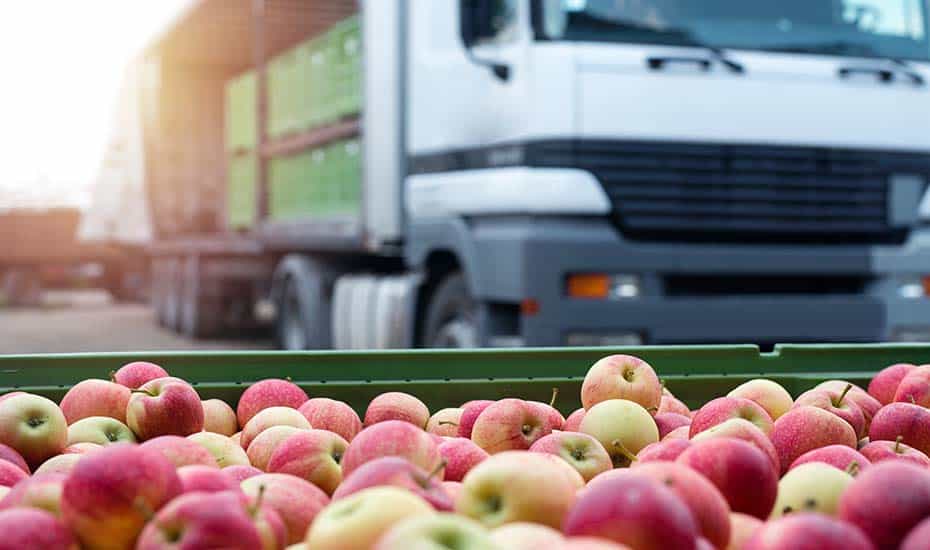Eco-friendly food supplier
Introduction:
The eco-friendly food supplier business in Africa will provide a sustainable alternative to traditional food suppliers by utilizing environmentally-friendly practices and promoting healthy eating habits. The business will be named “Green Food Africa,” and will operate in various African countries, providing customers with fresh, organic, and locally sourced produce. The company will leverage technology to streamline its operations and offer a seamless ordering and delivery process. Green Food Africa will cater to health-conscious consumers who value sustainable and ethical practices, including those who follow vegetarian, vegan, or gluten-free diets.

Market Analysis:
Africa’s population is growing rapidly, and with it comes an increase in demand for food. This presents an opportunity for eco-friendly food suppliers to tap into this market. The organic food industry is still relatively new in Africa, and there is a growing demand for locally sourced, sustainable food products. Green Food Africa will be well-positioned to capture this market by providing customers with high-quality, ethically sourced food at a competitive price.
Marketing and Sales Strategy:
Green Food Africa will leverage digital marketing channels to promote its products and services. The company will establish a strong online presence through its website, social media accounts, and email marketing campaigns. The company will also partner with influencers and bloggers to reach a wider audience. Green Food Africa will offer flexible delivery options to cater to customers’ needs and preferences, such as next-day delivery, same-day delivery, and subscription-based services.
Products and Services:
Green Food Africa will offer a wide range of organic and locally sourced produce, including fruits, vegetables, herbs, and grains. The company will partner with local farmers to ensure that the products are fresh, and will adhere to strict organic farming practices. Green Food Africa will also offer value-added services such as meal planning and recipe suggestions to help customers make healthy choices and reduce food waste.
Operations:
Green Food Africa will leverage technology to streamline its operations and offer a seamless ordering and delivery process. The company will use a mobile app and website to accept orders, track inventory, and manage deliveries. The company will also invest in a fleet of delivery vehicles to ensure timely and efficient delivery of products to customers.
Financials:
Green Food Africa will require an initial investment of $500,000 to launch operations in its first year. The company will generate revenue through the sale of products and services, with a projected annual revenue of $2 million in its first year of operation. The company will focus on minimizing costs by partnering with local farmers, using energy-efficient equipment, and implementing lean processes.
Conclusion:
Green Food Africa is a socially responsible business that will contribute to the sustainable development of the African food industry. By offering eco-friendly and locally sourced products, the company will cater to health-conscious customers who value sustainability and ethical practices. With its innovative approach, the company is well-positioned to capture a significant share of the organic food market in Africa.







